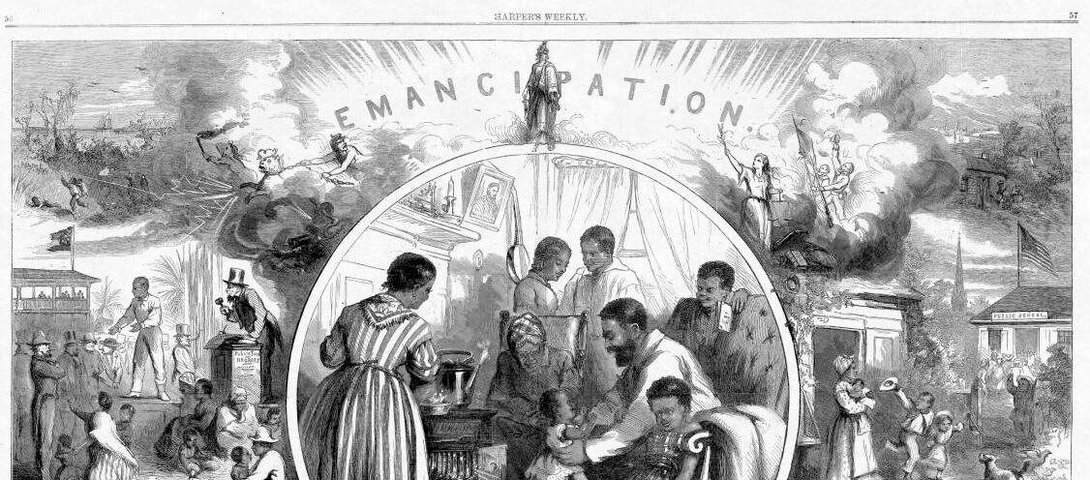
1/ Some interesting data on race/religion from the 2020 IASC Survey of American Political Culture (iasculture.org/research/publi…) —
2/ “Our founding fathers were part of a racist/sexist culture that gave important roles to White men while harming minorities/women.”
AGREE:
90% African Americans
59% White Non-Evangelicals
23% White Evangelicals
AGREE:
90% African Americans
59% White Non-Evangelicals
23% White Evangelicals

3/ "How serious of a threat do you think [Racism—unequal treatment of Whites and Blacks] poses to America and America’s future?"
VERY/EXTREMELY SERIOUS THREAT:
85% African Americans
68% White Non-Evangelicals
36% White Evangelicals
VERY/EXTREMELY SERIOUS THREAT:
85% African Americans
68% White Non-Evangelicals
36% White Evangelicals

4/ “The police and law enforcement unfairly target racial and ethnic minorities.”
AGREE:
91% African Americans
57% White Non-Evangelicals
17% White Evangelicals
AGREE:
91% African Americans
57% White Non-Evangelicals
17% White Evangelicals
5/ "Do you favor/oppose reparations or financial compensation to African Americans for their historic mistreatment by White Americans?"
FAVOR/STRONGLY FAVOR:
78% African Americans
41% Hispanics
34% White Non-Evangelicals
7% White Evangelicals
FAVOR/STRONGLY FAVOR:
78% African Americans
41% Hispanics
34% White Non-Evangelicals
7% White Evangelicals
• • •
Missing some Tweet in this thread? You can try to
force a refresh







